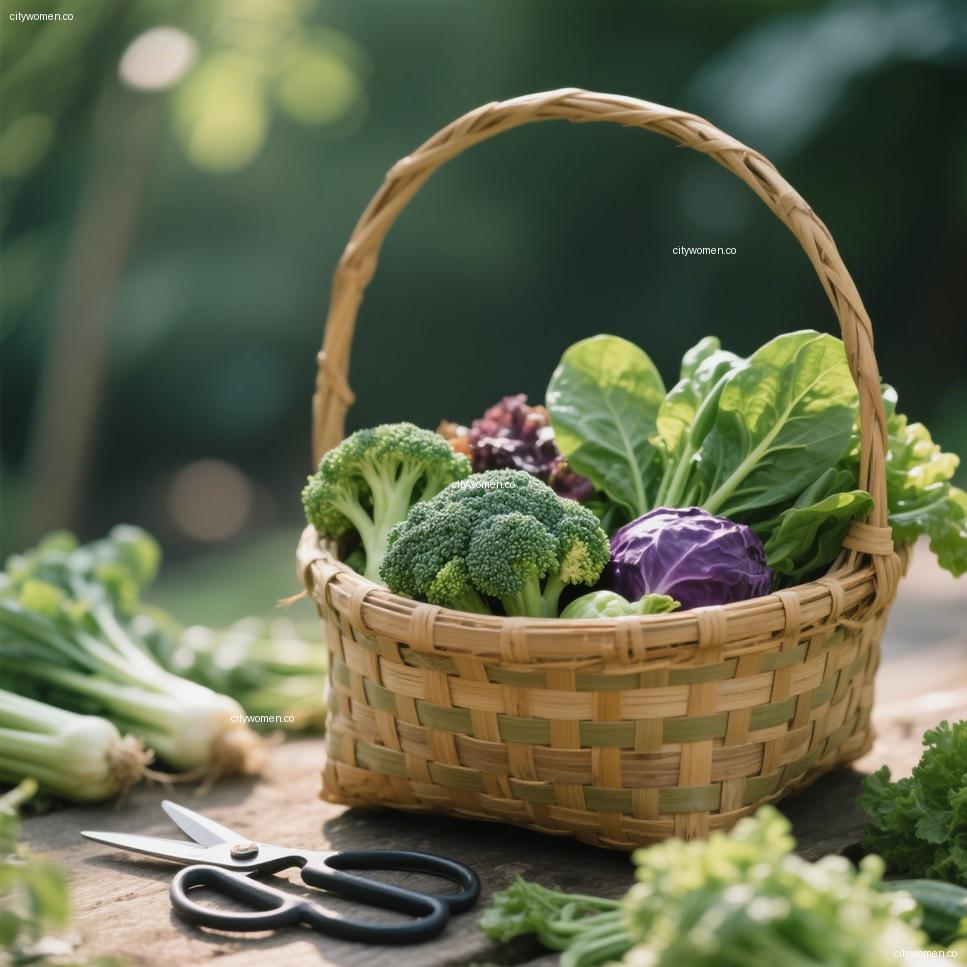
August 28, 2019 at 12:01AM by CWC
When you place your care in someone else’s hands, you may not take stock of the energy required on their end. In 2019, self care that’s nurturing—not performative—is on the rise, but for those whose primary job is caring for the health and wellness of others, “other care”—working with the express purpose of bettering the lives of others—can be a double-edged sword. On one hand, people like nurses, body work specialists, and teachers recognize helping people as their calling. Help requires energy, however. A social resource that—when given out too freely—can be a one-way ticket to burnout.
Officially recognized burnout as a medical condition by The World Health Organization (WHO) earlier this summer, burnout is defined as “a syndrome conceptualized as resulting from chronic workplace stress that has not been successfully managed.” A survey conducted by Medscape found that nearly 44 percent of U.S. physicians are burned out, and nearly 10 million unpaid caregivers deal with the very same thing. Kelsey Patel, a Reiki master, wellness expert, and Well+Good council member, says she herself has felt the pull to aid others hamper her ability to take care of herself. Which is why, now more than ever, she believes it’s so important to recognize when other care is eclipsing your own health.
“There’s this idea [in a caregiving scenario] that ‘I’m the one in pain and you’re going to help, assist, and support that pain.’ But—we’re all human beings and we all suffer in our own way,” Patel tells Well+Good. “To me, that other care is any time that you’re in the act of outwardly giving to another human being that’s not yourself.” Lending time, space, and help to others isn’t bad. When administered correctly, energy that’s given away can feel symbiotic—not syphoned. But as they’ll tell you on any flight, you have to “secure your own oxygen mask before helping others.” Otherwise, you’re operating from a place of want rather than one of plenty.
“Other care is any time that you’re in the act of outwardly giving to another human being that’s not yourself.” —Kelsey Patel, Reiki master and wellness expert
ADVERTISEMENT
ADVERTISEMENTKate Spade Autumn/Winter Sale |
“In order for caregivers and people to provide proper care, they have to make sure that they’re in a place where they have the capacity to give to another person. Because if you don’t, you end up going into the red zone of your own physical, mental, emotional well-being—and you are going to have some type of ramification from that,” says Patel. We’ve all felt the “red zone” at one time or another. The WHO characterizes it as “feelings of energy depletion or exhaustion,” “increased mental distance from one’s job,” “feelings of negativism or cynicism related to one’s job, and reduced professional efficacy.” Burnout is one of those things that you can just feel when you have it—but it’s not a given. Patel says directing your goodwill at yourself creates a kind of shield against this very millennial problem.
Patel has a Care Formula that she tries her very best to utilize (and, um, everyone should totally steal it). The gist is this: the amount of energy you’re giving others should equal the energy you’re giving yourself. “If I’m in a mode where I’m giving twice as much, then I’m self-caring twice as much than I would be in a week,” she says. “Whatever it is you’re outputting, you have to input that much as well.” Since life isn’t perfect, you won’t always accomplish a balanced give and take, but for the sake of your health, Patel says to give it your best shot.
“Most caregivers really love helping people. It’s part of their DNA to have this deep love and desire to help other people, other humans. However, that comes with an energetic exchange, and anytime you’re exchanging energy, you have to know and recognize your own body and well-being to know how much you have [left] to output,” explains the healer. Over time, you’ll learn how to get a read on whether your tank is full, at the quarter level, or getting very closed to empty. When the latter state is what you’re dealing with, take the cue and do something just for Y-O-U. Remember, your first duty is to yourself.
This is what leads you to burnout, according to your Myers-Briggs personality type. And why deleting work apps from your phone will work wonders on your mental health.
Author Kells McPhillips | Well and Good
Selected by CWC
ADVERTISEMENT
ADVERTISEMENTUp to 30% off Gift Sets |





